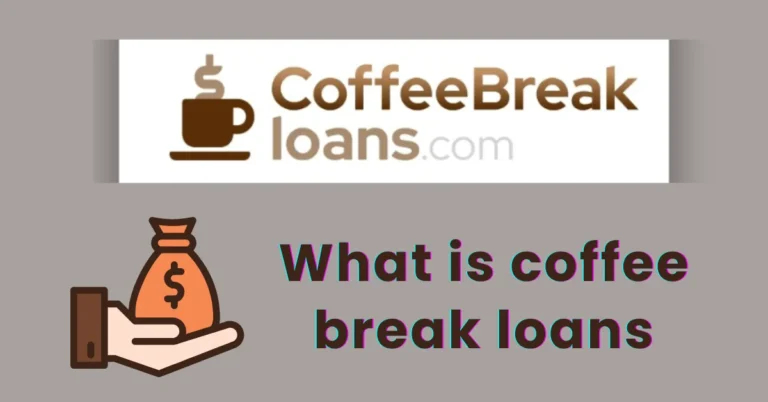If a homeowner has been struggling to make the house payments and started the short sale process, it's worth asking if they can conserve cash by stopping their mortgage payments while their home is on the market as a short sale.1
What About a Loan Modification?
The homeowner might have already tried to do a loan modification with their lender, but had their application denied because they were current on payments.2 A lender might suggest going into default to improve their chances of approval.
Nobody, outside of a lawyer, can tell you whether to stop making your mortgage payments—especially not real estate agents—because they are not licensed to give legal advice. This is a personal decision that sellers need to make for themselves. There are consequences if you stop making payments.3 Here are a few things to consider:
Are You Willing to Go Through Foreclosure?
Typically, lenders will not authorize a short sale until the seller finds a buyer, but that status is changing. Realize there is no guarantee that a lender will accept a short sale, and not every lender is required to let you sell on a short sale.
Note
If you begin the short sale process and stop making your payments, should the short sale be denied and you cannot make up the back payments, you may find yourself involuntarily losing your home through foreclosure.
Many short sellers enter the process with the thought that if the lender won't approve their short sale, they are prepared to let the property go.4
Why Pay Your Mortgage During Short Sale?
If you can manage to continue making payments while your home is on the market, it may be advantageous for you to do so for these reasons:
- Qualify to Buy a New Home: Fannie Mae guidelines require a borrower to wait at least two years in the best circumstances to buy another home. The standard waiting period is four years for any "pre-foreclosure sale," i.e. short sale, that requires no further payment to the lender.5
- Get an FHA Loan: FHA guidelines say if the buyer was never late, FHA will make a loan immediately after a short sale. HAFA 2013 guidelines allow lenders to report Paid in Full, so that makes a big difference on a credit report. Some small lenders that don't sell to Fannie Mae might also give you a mortgage.
- Protect Credit: Keeping your mortgage current also helps your credit rating because your credit report will not reflect any late payments. Sometimes a lender will report your short sale. Be aware that a lender still may choose to report your short sale as a delinquency or collection, which will cause your FICO score to go down.
- Peace of Mind: Not falling behind on your payments makes it easier for some sellers to deal with a short sale because the stigma of being delinquent is absent, and they sleep better at night.
- Cancel Without Penalty: If your home does not sell or a lender refuses to accept an offer from your short sale buyer, in California, for example, you are free to cancel the listing and keep your home without liability.
Why Stop Paying Your Mortgage During a Short Sale?
Some sellers are dealing with extreme financial hardship and don't have the option of deciding whether to continue making mortgage payments. Other sellers deliberately stop paying. Here are some good reasons:
- More Motivation for Banks to Accept Short Sales. Although it is not necessary to be in default before a bank will consider a short sale, the files that get priority are those in default.
- Lenders Might Not Obligate Repayment. Typically, if a borrower is facing a true hardship and has no assets nor means of making a mortgage payment, the lender is unlikely to try to force the borrower to pay back any of it. It does not mean a lender is not entitled to a deficiency judgment, if circumstances warrant.
- Acquire Funds to Move. If you're not paying the bank, money that would ordinarily be allocated toward that expense may instead be used to pay first, last, and a security deposit on a rental.
Drawbacks to Going Into Default During a Short Sale
While some sellers are happy to walk away from a home in foreclosure, others would prefer to complete a short sale and dread the thought of a foreclosure. Here's why:
- Credit Report Could Suffer. Short sales and foreclosure affect credit. The lender may report your delinquent mortgage payments to the credit bureaus. Some lenders can report a short sale as paid in full if you've completed a HAFA short sale after 2013, which should not affect your credit.
- Restricted From Buying a New Home. Although restrictions may become relaxed a bit due to the increasing number of foreclosures and short sales, at the moment, borrowers with a 60-day-late-payment or greater are required by Fannie Mae to wait two years to buy another home.
- Lose Home to Foreclosure. If you can't make up the back payments prior to the trustee's or sheriff's sale, you may lose your home to the bank.
It's important to understand the potential consequences before choosing to stop paying your mortgage.





